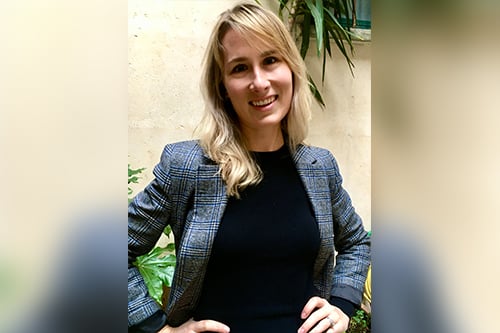

The following is an editorial by Alicja Grzadkowska, senior news editor at Insurance Business. To reach out to Alicja, email her at [email protected].
The coronavirus-impacted insurance marketplace has become a litigious one, with businesses around the world filing lawsuits against insurers who have rejected business interruption-related claims in recent months. Even after the worst of the pandemic has passed us, insurers are likely to be dealing with the ramifications of legal disputes, including those that their policyholders will be facing.
This environment does not bode well for the professional liability marketplace, which was already in a tight spot before the pandemic hit. Global broker Marsh recently warned that corporate Australia could be facing a future in which directors and officers (D&O) insurance is no longer available, affordable, or sufficient due to a deadly combination of class action lawsuits, litigation funding, and massive D&O premium increases.
This is far from the only market experiencing these challenges. In the US, data from the indexes of firms like Aon and Marsh has revealed that companies are paying more for D&O liability insurance thanks to bigger lawsuits being filed against companies, with premium rates for D&O insurance spiking 44% to 104% in the US in the first quarter compared to Q1 2019, according to The Wall Street Journal.
Moreover, in its report, “Directors and Officers Insurance Insights 2020,” Allianz Global Corporate & Specialty SE (AGCS) noted that the profitability of the D&O sector around the world has been challenged in recent years. In fact, the report continued, “The loss ratio for D&O insurance has been estimated by various third parties to be in excess of 100% in numerous markets, including the UK, US and Germany,” because of event-driven litigation, regulatory investigations, pollution, higher defense costs, and a broader shift in bringing more D&O claims against individuals and companies.
Read more: Premiums double as litigation soars
Notably in Q1 2020, Marsh saw a nearly 26% rise in financial and professional lines pricing, according to its Global Insurance Market Index, compared to a 15% and 5% move upwards for property and casualty respectively.
This picture is going to get gloomier soon thanks to the pandemic. The spike in litigation up till now has been caused by events like cyberattacks, the #MeToo movement and wildfires, and undoubtedly the actions of companies during the pandemic and afterwards, as they reopen their doors and welcome back employees and customers, are going to be under the microscope. Experts have told Insurance Business that not only are leaders going to be tested on how effectively they follow health and safety guidance in light of the pandemic, but they also face a tough economy, which brings even more financial and operational risks into the fold. As if that wasn’t enough, small and medium-sized businesses could face a higher risk of discrimination claims and employment practices liability lawsuits as their employees return to work.
As a result, the mitigation of litigation needs to be front of mind for the insurance industry and its policyholders. Insurance professionals, including brokers and agents, have to be diligent in providing thorough risk management advice to businesses as they figure out how to proceed in this new normal. That advice has to not just fall in line with the guidelines of key health and safety-minded organizations, but go above and beyond those precautions to ensure that everything possible is being done to protect people from being exposed to the still-circulating virus. According to Heather Schaaf of Burns & Wilcox, “Companies [also] need to make sure they’re letting their employees know that they have appropriate cleaning policies in place and that employee safety is a top priority,” underscoring the need for companies’ transparency and clear communication about their new protocols during this time.
Nonetheless, the insurance industry likely can’t go it alone when it comes to the looming challenges on the professional liability front. In Australia, the Insurance Council has outlined its support for several proposed changes to Australia’s class action regime and litigation funding industry led by the government. Meanwhile, in the US, a controversial plan is under development by the White House and Senate Republicans that would shield healthcare workers and companies against lawsuits arising from the pandemic. Even if such a proposal is passed in the US or actions to limit the impacts of lawsuits are taken across other markets, companies would do well to continue following and exceeding safety guidelines in the workplace to keep their workforce and customer base safe, since there’s already a harsh spotlight (that is only going to grow brighter) on those that haven’t approached reopening with safety in mind. Again, insurance professionals play an important role in advising companies on these best practices and limiting the litigious fallout that could come as a result of not implementing appropriate measures.
Should the industry not be able to tackle these risks accordingly and professional liability pricing becomes too expensive, there’s a serious risk of buyers purchasing coverage that doesn’t meet their exposures to save on premiums. Or in the worst-case scenario where Elon Musk is Exhibit 1, forego D&O insurance altogether.
